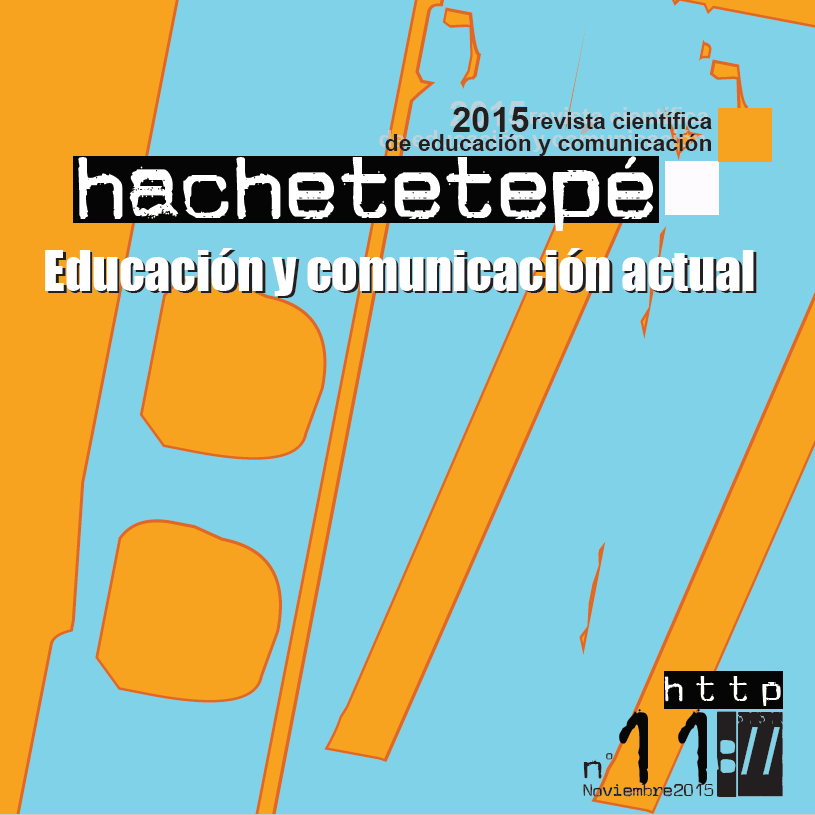We don't need no education. Rethinking education in the age of social media.
Abstract
Started out as a successful rhetoric, the concept of digital natives, which refers to the new generations born and raised in a mediascape characterized by the increasing pervasiveness of communication technologies, implies rethinking the supposed superiority in terms of competence in the use of technology and communication platforms of the natives compared with the immigrants – parents, teachers, previous generations in general. The digital native metaphor, indeed, evades a more careful reflection on the risks of loosening of the forms of mediation of the traditional agencies of socialization (school and family in the first place) to young people regarding the use of the digital media. This article aims to reflect on the necessity of implementing appropriate strategies for critical education that go under the name of media education or media literacy, without making the mistake of assuming that today's young people do not need no education, as we provocatively declared in the title.
Keywords
Downloads
How to Cite
License

This work is licensed under a Creative Commons Attribution-NonCommercial-NoDerivatives 4.0 International License.
Those authors who have published with this journal, accept the following terms:
- They will retain their copyright and guarantee the journal the right to first publication of their work, which will simultaneously be subject to the Creative Commons Attribution License . They may be copied, used, disseminated, transmitted and publicly displayed, provided that the authorship, url, and magazine are cited, and are not used for commercial purposes. No derivative works are allowed.
- They may adopt other non-exclusive license agreements for the distribution of the published version of the work (e.g., deposit it in an institutional telematic archive or publish it in a monographic volume) provided that the initial publication in this journal is indicated.
- Disseminate your work through the Internet (e.g., in institutional telematic archives or on your website) once the manuscript is accepted, which may lead to interesting exchanges and increased citations of the published work. (See The effect of open access).
Hachetetepé. Scientific journal of education and communication does not charge a fee for the submission of manuscripts or for the publication of its articles.
References
Barlow, J.P. (1996). A declaration of indipendence of the cyberspace.
(http://projects.eff.org/~barlow/Declaration-Final.html) (05-10-15).
Buckingham, D. & Willet R. (2006). Digital Generations. Children. Young People and New Media. Mahwah: Lawrence Erlbaum.
Buckingam, D. (2008). Youth. Digital Media and Identity. Cambridge: MIT Press.
Boyd, D. & Ellison N. (2007). Social Network Sites: Definition. History and Scholarship. Journal of Computer-Mediated Communication, 13(1). (http://jcmc.indiana.edu/vol13/is¬sue1/boyd.ellison.html) (05-10-15).
Boyd, D. (2008). Taken Out of Context: American Teen Sociality in Networked Publics. PhD Dissertation. University of California. Berkeley.
Boyd, D. (2014). It’s complicated. La vita sociale degli adolescenti sul Web. Roma: Castelvecchi.
Comunello, F. (2013). Nativi digitali? Adolescenti. nuove tecnologie e (digital) literacy. En Severino, S. &
Cacioppo, M. (Coord.). La prossimità a distanza. Usi. abusi e dipendenze nel Web 2.0. Milán: FrancoAngeli.
Comunello, F. (2010). Networked Sociability. Riflessioni e analisi sulle relazioni sociali (anche) mediate dalle tecnologie. Milán: Guerini.
Durkheim, E. (1975). Educación e sociología. Barcelona: Península.
Durkheim, E. (1979). La educación como socialización. Salamanca: Sígueme.
Ellison, N.B. & Boyd, D. (2013). Sociality through Social Network Sites, en Dutton W.H. (Coord.). The Oxford Handbook of Internet Studies. Oxford: Oxford University Press; 151-172.
Enguita, M.F. (Coord.). (1999). Sociología de la educación. Barcelona: Ariel.
Fiske, J. (1992). The Cultural Economy of Fandom, en Lewis L.A. Adoring Audience. Fan Culture and Popular Media. Londres: Routledge.
Hobbs, R. (2011). Digital and Media Literacy. Connecting Culture and Classroom. Thousand Oaks: Corwin.
Ito, M. (2008). Introduction, en Kazys, V. (Coord.). Networked Publics. Cambridge: MIT Press; 1-14.
Jenkins, H. (2007).Reconsidering digital immigrants. (http://www.henryjenkins.org/2007/12/reconsidering_digital_immigran.html) (05-10-15).
Livingstone, S. (2009). Children and the Internet. Great Expectations. Challenging Realities. Cambridge: Polity Press.
Morcellini, M. (2013). Comunicazione e media. Milán: Egea.
Napoli, A. (2015). Generazioni on line. Processi di ri-mediazione identitaria e relazionale nelle pratiche comunicative web-based. Milán: FrancoAngeli.
Ruskkoff, D. (1996). Playing the Future: What We Can Learn from Digital Kids. Nueva York: Penguin.
Salzano, D. (2003). Educazione e comunicazione. Incontro di due culture. Nápoles: L’Isola dei ragazzi.
Salzano, D. (2008). Etnografie della Rete. Pratiche comunicative tra on line e off line. Milano: FrancoAngeli.
Salzano, D. (2015). (a cura di). Turning around the Self. Narrazioni identitarie nel social web. Milán: FrancoAngeli.
Scheyen, C. (2015). Beyond Media Literacy: New Paradigms. Media Education. Neustadt: Five Rivers Chapmanry.
Strauss, W. & Howe, N. (1991). Generations: The History of America's Future. 1584 to 2069. Nueva York: William Morrow & Company.
Tapscott, D. (2008). Grown Up Digital. How the Net Generation is Changing Your World. Nueva York: McGraw Hill.
Thompson, J.B. (1995). The Media and Modernity: A Social Theory of the Media. Stanford: Stanford University Press.






